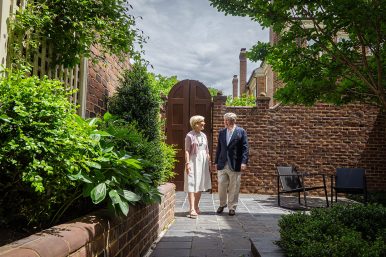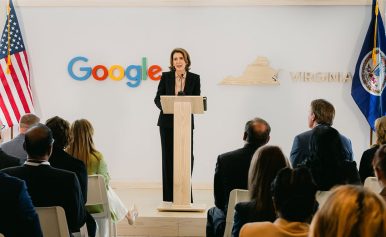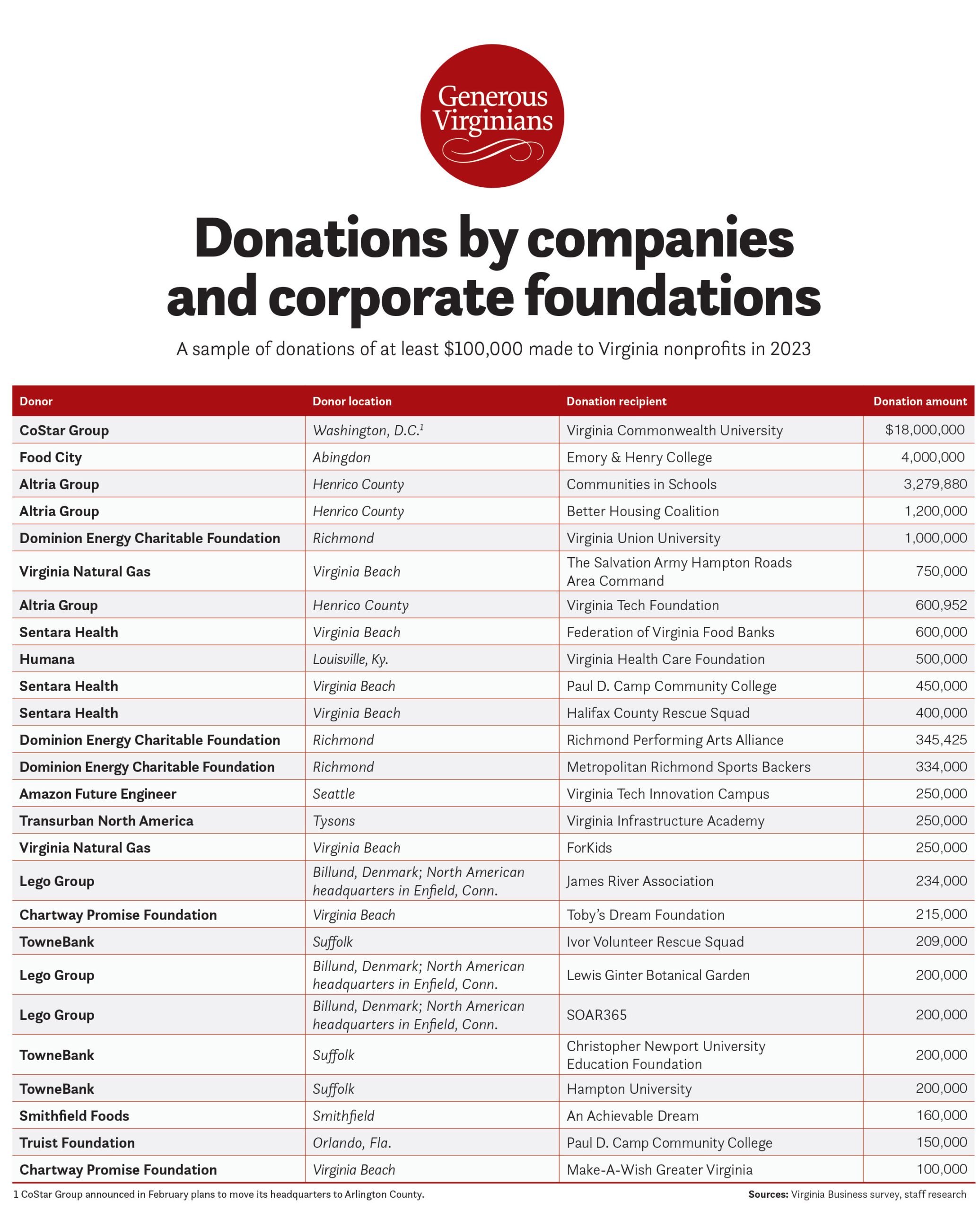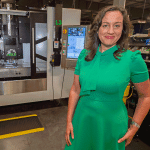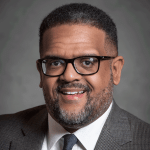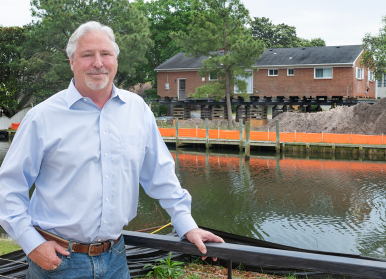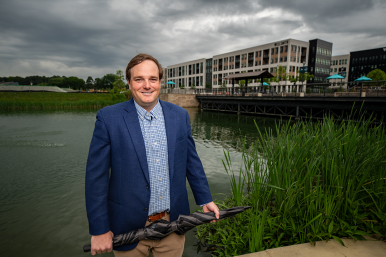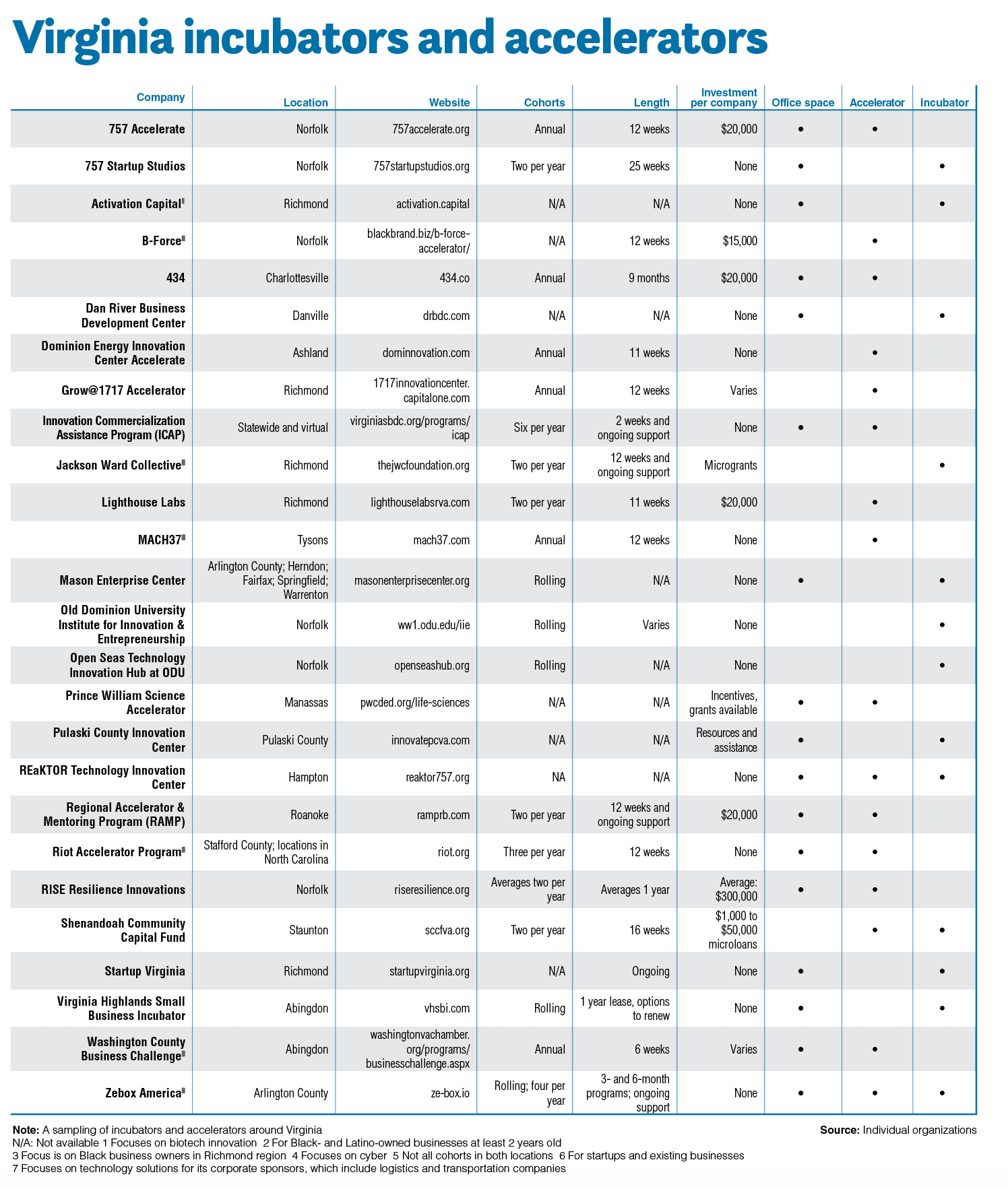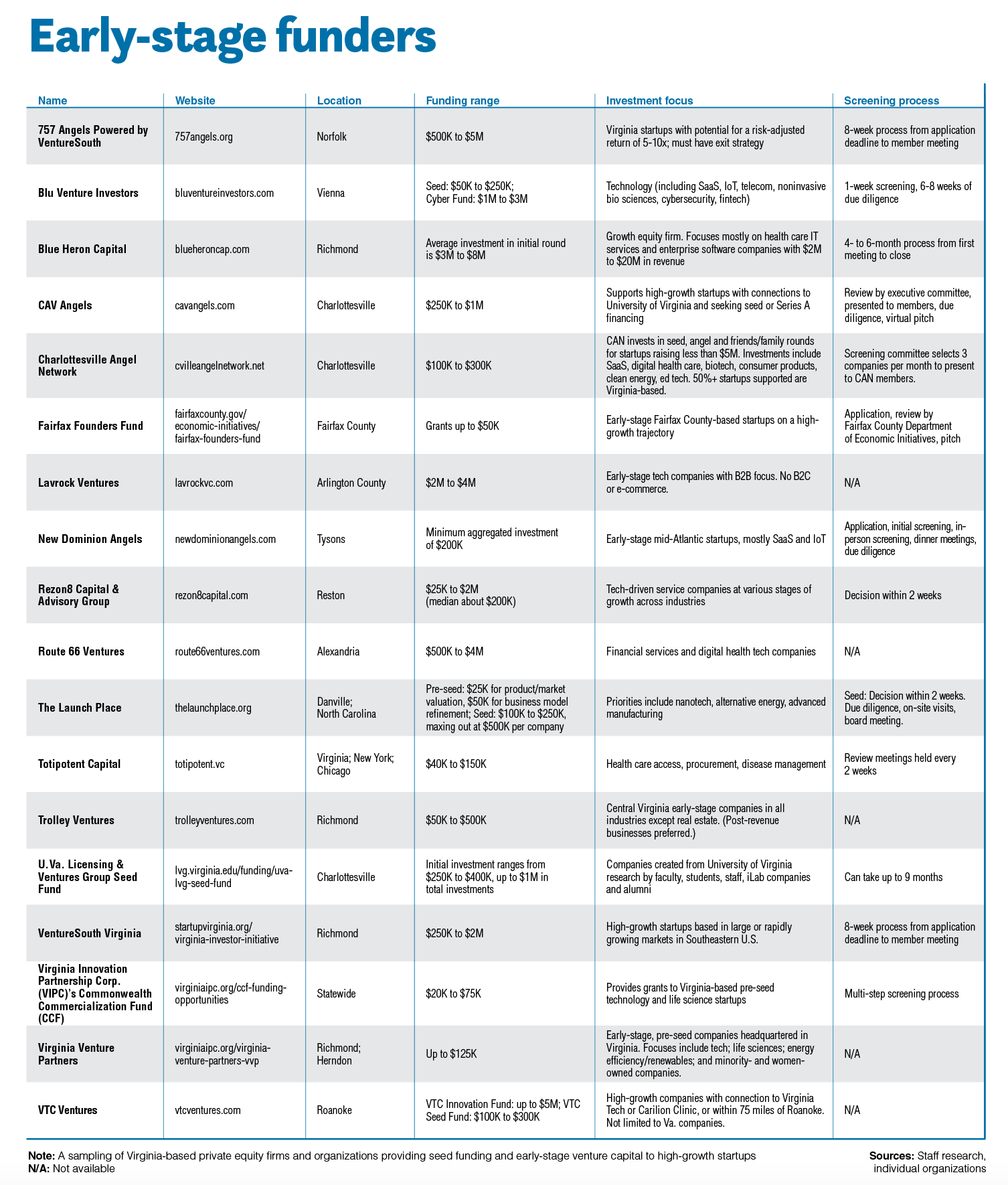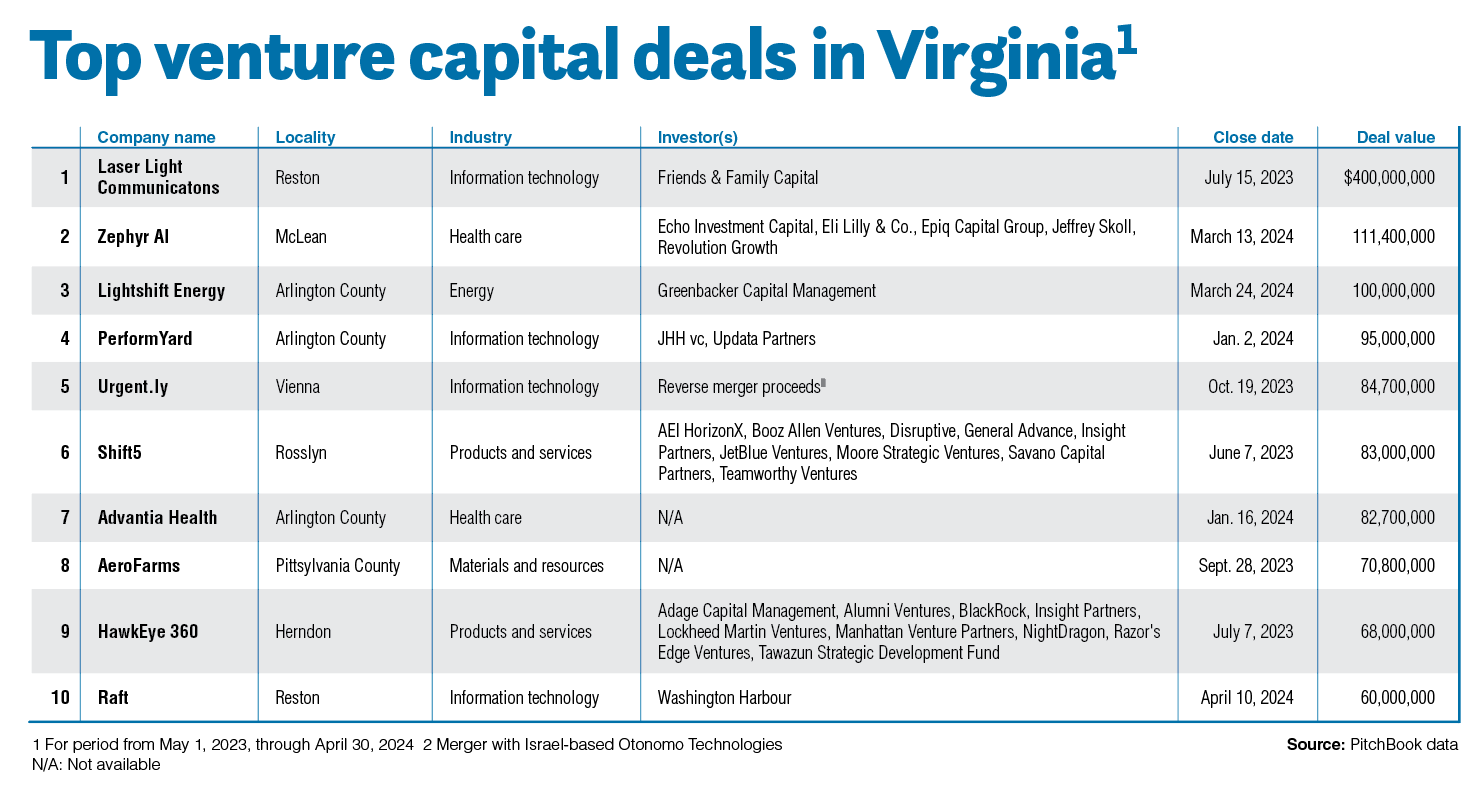Gen Xers are next in line for retirement, and most are far from being prepared financially for their golden years. They face a substantial shortfall of funds needed for retirement and the largest savings gap of any generation.
“As the first generation to head into retirement largely without the safety net of a defined benefit pension plan, the stakes are higher for Generation X and the margin for error is lower,” according to global asset management company Schroders’ 2023
U.S. Retirement Survey.
Born between 1965 and 1980 (ages 44 to 59), Gen Xers represent 64 million Americans and make up nearly 20% of the population. Their financial fears and challenges are greater in general than the generations immediately preceding (baby boomers) and following (millennials) them, according to the report.
“You are speaking my language,” says Jeff Kelley, principal of Kelley and Co., a Richmond-based public relations and communications firm. Born in 1981, he’s technically a millennial, just outside the Gen X definition, but considers himself on the cusp of both generations.
“I love my job, but I don’t want to be 70 and still having to work,” Kelley says. “My wife and I think we are on track, but there’s a lot to consider. There’s no way to save for everything. We have three kids, ages 10, 8 and 5, and we are putting away whatever
we can for college.”
Gen Xers estimate they will need $1.1 million-plus for a comfortable retirement, but most expect to have about $660,000, a gap of more than $440,000, according to the Schroders report.
More than 60% of Gen Xers are not confident in their abilities to achieve a comfortable retirement. More than 8 in 10 are concerned about the prospect of not receiving regular paychecks.
An average 45% haven’t done any retirement planning. And 66% worry that their workplace retirement plan won’t grow as much as they will need. “The result: The Gen X dream retirement may be slipping away,” the report says.
Social Security? Nevermind
“My focus has been on growing the family business,” says Matt Dozier, 47, vice president of Dozier Tank & Welding, a tank and trailer repair shop with offices in Chesapeake, Richmond and Selma, North Carolina.
Dozier says he never gave any thought about retirement until he reached his 40s, but even now saving money for later in life is not a high priority. He doesn’t have children, so that’s not a factor. He might want to slow down eventually, he says, but as a blue-collar worker, the prospect of not working is not part of his DNA. “I don’t know how not to work.”
His late grandfather, who started the business in 1966, and his father, now president, never took vacations. Dozier broke that tradition. He enjoys sports car racing and recently spent a week camping in his RV next to a racetrack in Florida.
He and his peers are not as worried about retirement as perhaps they should be, he says. “If we have money, we might as well enjoy it now. We see plenty of people who die five years after they retire.”
Dozier admits he has better financial prospects than many of his friends, since he could become an owner in the family business. But he has no guarantees, nor is he relying on Social Security benefits to supplement his income. “It would be great if Social Security is there, but we’ve been told for 20 years that we won’t see it.”
A more likely scenario for him, he says, would be to pool funds with a few buddies and buy property where they would build tiny houses to live in, sharing a large garage.
“Yeah, I might need $1.1 million, but it’s not going to happen,” Dozier says bluntly.
He’s not alone in his thinking. The Schroders survey shows that 47% of Gen Xers believe Social Security will run out of money by the time they reach the full retirement age of 67, compared with 38% of not-yet-retired baby boomers. Only 10% of those who do believe in Social Security’s viability plan to wait until age 70 to receive the maximum benefit payment.
An average 32% of Gen Xers’ retirement plan assets are in cash; 63% fear losing their money, according to the Schroders report, and 24% are not sure how to invest their savings.
Dozier can relate. His maternal grandfather invested poorly, he says, and lost everything before he retired in the late 1980s or early 1990s.
Reckoning
Typically, people don’t get serious about saving for retirement until they get into their 40s or early 50s, experts say. That means Gen Xers still can close the retirement wealth gap, but it won’t be easy.
“Fortunately, even the oldest Gen Xers have some time before reaching their full retirement age,” says Deb Boyden, an author of the Schroders study and head of the company’s U.S. defined contribution division. “Using this time to develop a retirement plan, increase their savings rate and invest more appropriately is crucial to improving their retirement readiness before it’s too late.”
Schroders’ findings are supported by a fall 2023 Bank of America Workplace Benefits Report, which stated that only 17% of Gen Xers feel confident that they’re financially ready for retirement.
“On a more positive note, looking within the 401(k) plans that Bank of America administers for its corporate clients nationwide, 16% of Gen Xers increased their 401(k) contribution rate in the fourth quarter of 2023, compared to just 3% who decreased their contribution rate,” says Matt Card, a Northern Virginia-based media relations executive for Bank of America.
Generation X is the first modern generation to experience the full effect of a societal shift in retirement planning from defined company pension plans to defined contribution plans such as 401(k)s, transferring financial responsibility from employers to individuals.
Defined contribution plans offer tax benefits. Employees choose how much to contribute, subject to annual limits, and some employers match their contributions.
“Corporate-defined pension plans started to decline in the 1980s with the advent of 401(k) plans and are now rare and have been for the past 15 to 20 years,” says Michael Joyce, president of Agili, a financial planning firm in Richmond.
Most government employees still have pension plans, Joyce notes, some with cost-of-living increases but most without. However, only 14% of working Gen Xers have defined benefit pension plans, according to a 2023 report from the National Institute on Retirement Security.
The way that Gen Xers, the original latchkey kids, deal with self-reliance for retirement planning will set the precedent for generations to follow, experts say.
“Clients in the [Gen X] age group are approaching their peak earnings years,” Joyce says. “It is very important to save at least 10% of their earnings and take advantage of company retirement plans — 401(k), 403(b), 457 — as well as maximizing other potential corporate perks, including nonqualified deferred compensations plans [tax-deferred payments made at a future date to allow for certain events], Health Savings Accounts and restricted stock awards.” He recommends they also take advantage of 529 plans for college savings.
Stop making sense
Donte Smith, a Richmond-based vice president and financial adviser with Merrill Wealth Management, calls Gen Xers “the sandwich generation,” taking care of children (either in college or with college on the near horizon) while caring for one or two aging parents. “They have significant demands on both sides,” he says, “and barely have time to take care of themselves.”
This generation also weathered three major market corrections — the 2000 dotcom tech bubble, the 2007-2009 Great Recession, and the COVID-19 pandemic in 2020. “All of that has impacted their investments and their confidence and ability to save at the level they should,” Smith says.
Throw in rising health care costs, soaring inflation over the past couple of years, along with high interest rates and lagging wages — and saving money becomes even more difficult.
Gen Xers with access to matching defined contribution plans should at minimum invest the percentage matched by their employers, Smith advises.
A 5% match is common, he says. For example, an employee makes $100,000 a year and puts $5,000 annually into a 401(k). A 100% company match would turn that into a $10,000 investment. Those over age 50 should, if possible, also take advantage of any catch-up provisions, allowing them to sock away even more.
Gen Xers, Smith says, tend to fit into three main groups:
One bunch hasn’t thought much about retiring because they’re too busy rearing their families and paying down debt or saving to buy their first homes.
Others have saved some money but haven’t created retirement plans and don’t know where or how much to invest, he says.
The third group theoretically has done the right thing by saving and investing for retirement since early adulthood. They feel in control of their retirements but don’t have customized plans.
Everyone needs a plan to make sure they’re making the right investment decisions, Smith says. Tactics, whether saving or investing for retirement, should never come before the plan. “You start with a plan,” he says, “and everything you do has to line up with the plan.”
Say, for example, you want to save $1 million and retire in 20 years, Smith notes. How much money should you save each week or month, and how should it be divvied among stocks, bonds and saving accounts? How much risk is the investor willing to take?
“In [your] 40s, all of a sudden you see the end of the track and know you have to get serious about retirement planning,” Smith says, adding that most people in this age group have enough time to realize the benefits of compound interest growth in their investments.
Smith suggests Gen Xers modify their spending habits — cutting back on streaming subscription services or dining out — to increase their retirement savings.
My so-called life savings
The typical Generation X household (with half saving more and half less) has only $40,000 in retirement savings, according to the National Institute on Retirement Security report.
More than half of Gen Xers (55%) participate in employer-sponsored retirement savings plans, according to the 2023 NIRS report, which analyzed 2020 data from the federal Survey of Income and Program Participation and found large discrepancies between average and median amounts of retirement savings.

The average account balance in private retirement accounts (individual retirement accounts, Keogh plans for the self-employed, defined contribution plans) among working Gen Xers was $129,994. However, the median account balance, with half saving more and half less, was only $10,000. Also, 40% had accounts with zero balances.
“Most Gen Xers, regardless of race, gender, marital status or income, are failing to meet retirement savings targets,” according to the NRIS report.
“Shoring up the Social Security trust fund is critical for assuring Generation X of its retirement security,” the report adds, noting that policy actions such as increasing plan access for part-time workers and reforming a saver’s credit (a federal income tax credit) also would help.
Unlike many of his peers, Kelley has mapped out a savings plan. He and his wife, Cristin, rolled over their 401(k) accounts from previous employers into IRAs, preserving their tax-deferred status with no early withdrawal penalties.
They have a Simplified Employee Pension (SEP) IRA, which allows contributions up to 25% of compensation. And they have Virginia 529 college savings plans for their three children.
Their cash savings is invested in a high-yield bank account. Plus, they have a taxable brokerage account or “robo-adviser,” an online platform that automatically manages and allocates investments based on risk tolerance and targeted returns. “This could be retirement someday but is really a place to park accessible funds if ever needed,” Kelley says. “I try not to touch it.”
Social Security doesn’t figure into their strategy at all.
“We try to save as much as we can, but we also want to live our lives,” Kelley says. “My goal is A) Be with my kids as much as possible, and B) Make as much money as possible.”
The family likes to go on a vacation once a year. They go out to eat but only occasionally. They don’t go to Starbucks. Nor does Kelley go out to lunch during workdays.
“Our cars are paid off. Our house is within our means,” Kelley says. “Am I rich? No. Smart with money? Hopefully.”


